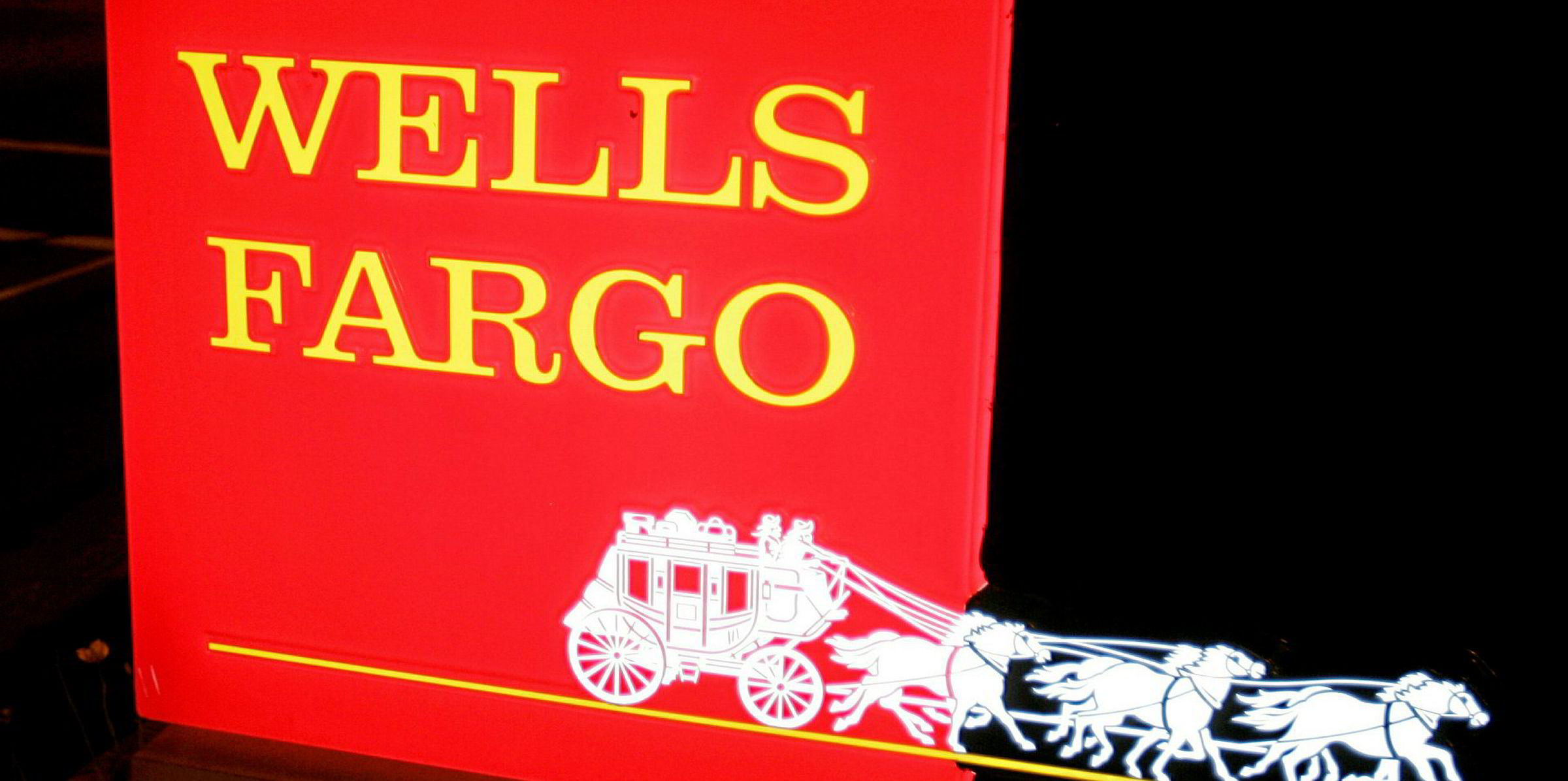Corporate governance stalwart Eagle Bulk Shipping has released its first dedicated ESG report, including a disclosure of carbon emission levels, which have been on the decline.
Eagle's environmental, social and governance disclosure comes as equity analyst Michael Webber is preparing his annual "corporate governance scorecard," a ranking of more than 50 public shipowners' compliance with governance best practices.
The ranking traditionally has focused on such factors as related-party conflicts and director independence. Now, it will for the first time assign weight to whether owners disclose their carbon emissions in regulatory filings.
Eagle has topped Webber's scorecard in the past two years and is one of the early owners to feature carbon reporting as well, joining Euronav, Ardmore Shipping and Star Bulk.
"We view the report as shining a light on actions Eagle has taken over recent years in improving on various [ESG] matters. We think it’s important for companies to be able to demonstrate where they stand on these metrics and as importantly showcase how they are trending," Eagle chief executive Gary Vogel told TradeWinds.
In a category labelled "Gross Global Scope 1 emissions," Eagle reports a figure of 709,210 tonnes of carbon dioxide.
Four years of falling emissions
An adjacent graph shows that 50-ship Eagle's emissions per deadweight tonne per sailing day have been falling since January 2016, from a level of around 0.61 to about 0.54 in January this year.
Webber has said his first ranking will not judge the actual emissions level, but simply whether a company publicly reports information that it already is required to disclose to the IMO.
Webber told TradeWinds he hoped such reporting would come in annual reports, but a recent review of those filings showed that most owners passed on disclosure.

However, he knows of several owners that are making data available separately, as Eagle has done on its website.
"We’re seeing progress from companies you’d expect — typically those that are generally proactive, with a vested interest in meeting long-term shareholder expectations," said Webber, who heads independent firm Webber Research & Advisory but developed his rankings during a decade at Wells Fargo.
"That effort certainly isn’t uniform across the space, but the traditional standard bearers have started to emerge, even despite the hectic start to the year."
ESG is a measure that has become increasingly vital for investors, although some worry that the coronavirus crisis has diverted momentum from years-long progress in the area.
"It is early days, and at this point, there is a great deal of variance on what and how companies are reporting in terms of ESG. But, I believe over time there will be more conformity, allowing stakeholders to perform better comparisons," Vogel said.
In the spotlight
Eagle's 16-page "sustainability report" gets into the other areas as well, although the environmental section is likely to get the spotlight.
"Over the past four years, we have executed on a comprehensive fleet renewal program, selling some of our oldest and least-efficient vessels and acquiring more modern, efficient ships. This has been an important contribution towards enhancing the energy efficiency of our fleet and reducing our [greenhouse gas] emissions," the report said.
"The fleet renewal program has led to a reduction in fuel consumption per dwt by approximately 11%, an increase in average vessel size by approximately 8%, and kept our fleet age essentially constant at roughly 8.7 years."








